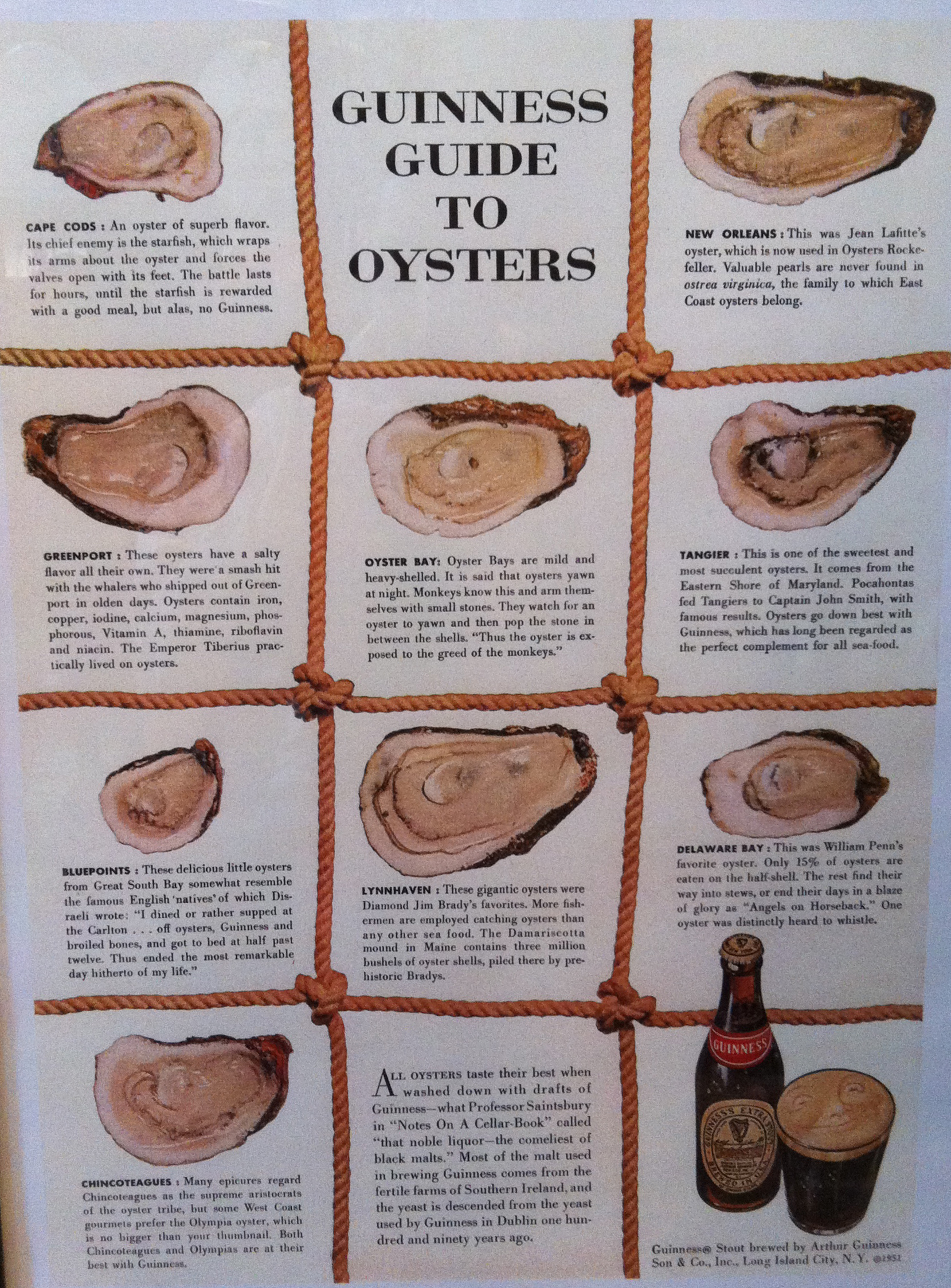Advice for Great Writing from the Original “Mad Man”
 For over half of the 20th century David Ogilvy was widely hailed as “The Father of Advertising” for his ability to communicate a clear vision, and a deeper passion, at the highest level of achievement.
For over half of the 20th century David Ogilvy was widely hailed as “The Father of Advertising” for his ability to communicate a clear vision, and a deeper passion, at the highest level of achievement.
In his many years as an advertising executive and copywriter, Ogilvy produced some of the world’s most iconic marketing campaigns, including the legendary Man in the Hathaway Shirt, plus notable efforts for Rolls Royce, Schwepps, and the island of Puerto Rico, among many others. So it was no surprise when in 1962, Time called him “the most sought-after wizard in the advertising industry. He was truly the original “Mad Man.”
As inbound content marketers, we can learn a lot from the legendary Mr. Ogilvy. He was, after all, one of the pioneers of information-rich, “soft sell” ads that didn’t insult the intelligence of prospects. For example, he produced The Guinness Guide to Oysters, an early form of what youngsters are calling native advertising — from 1951.

Today, we study Ogilvy’s successful advertising campaigns to learn how to persuade prospects, influence readers, and create memorable, evergreen content. But “The Father of Advertising” also has plenty to teach us about productivity, branding, research, and ambition.
Let’s look at something David Ogilvy shared with the employees who worked for him at Ogilvy & Mather, an agency he opened in 1949 when he had just $6,000 in his bank account.
On September 7th, 1982, Ogilvy sent the following internal memo; titled “How to Write” and found in the 1986 gem The Unpublished David Ogilvy.
The better you write, the higher you go in Ogilvy & Mather. People who think well, write well. Woolly minded people write woolly memos, woolly letters and woolly speeches. Good writing is not a natural gift. You have to learn to write well. Here are 10 hints:
1. Read the Roman-Raphaelson book on writing. Read it three times.
2. Write the way you talk. Naturally.
3. Use short words, short sentences and short paragraphs.
4. Never use jargon words like reconceptualize,demassification, attitudinally, judgmentally. They are hallmarks of pretense.
5. Never write more than two pages on any subject.
6. Check your quotations.
7. Never send a letter or a memo on the day you write it. Read it aloud the next morning — and then edit it.
8. If it is something important, get a colleague to improve it.
9. Before you send your letter or your memo, make sure it is crystal clear what you want the recipient to do.
10. If you want ACTION, don’t write. Go and tell the guy what you want.
It’s no secret that there’s plenty of inspiration to be found in the marketers and creative thinkers that came before us. Who are some of the marketing powerhouses that give you inspiration?